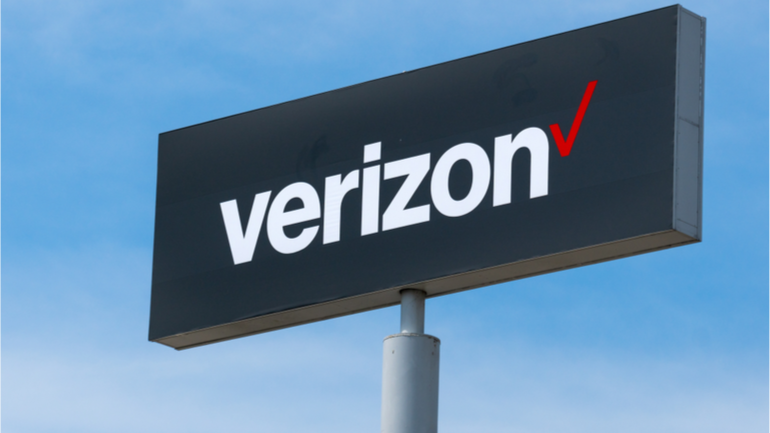The American telecommunications company Verizon, which offers wireless products and services, has announced that it will meet its $10 billion cost reduction target, which was first announced in 2017 by Lowell McAdam, the former CEO.
Back in 2017, the company said it plans to introduce an aggressive cost-cutting technique called zero-based budgeting. The idea behind this strategy is that all business units should start each year with a clean sheet and justify the money they want to spend, in place of basing it on last year’s expenses.
Since the announcement, Verizon has reduced its budget by a mixture of virtualization, early retirement offerings for its management team, and operational efficiencies through the One Fiber and Intelligent Edge Network initiatives.
To achieve this goal, the company has been conserving billions of dollars annually in operational efficiency stemming from the foundation of their network to the efficient flow of traffic on that network through the One Fiber strategy.
Verizon executive Ronan Dunne commented: “We will deliver on that and just move on to the next wave. Whether we’ll present it in the market in quite the same way as Lowell did originally four years ago, I don’t know. But as regards (to) the focus of operational efficiency, it’s a ruthless, consistent focus inside the business in exactly the same way as balance sheet strength has always been a watchword of Verizon. And so rest assured those will continue to be as important in ’21 and ’22 as they have been in the last few years.”
In addition, Verizon recently announced that it is postponing the shutdown of its 3G network indefinitely, backtracking on their original network closure plan for 2020 and moving the date to a yet undecided point in the future. Verizon has previously announced plans to shut down its 3G network by the end of 2020, which was already a postponement, as the company originally expected to close the network by the end of 2019.







